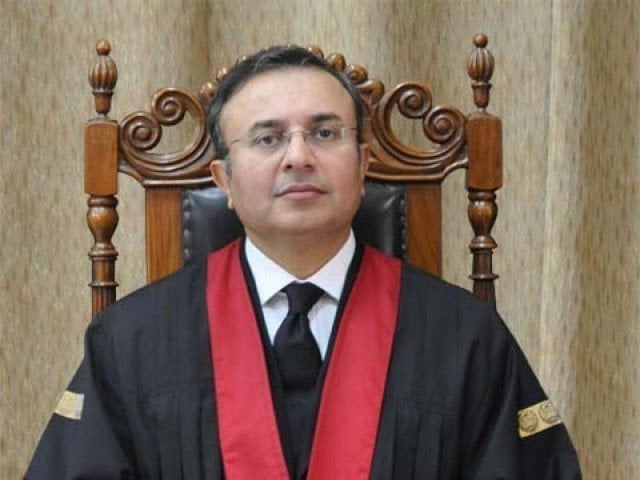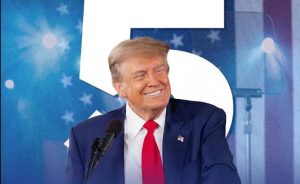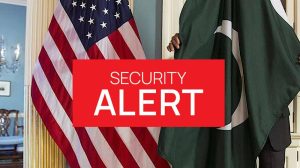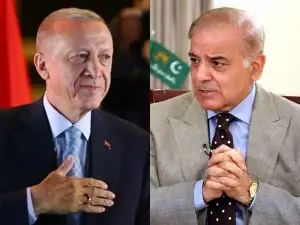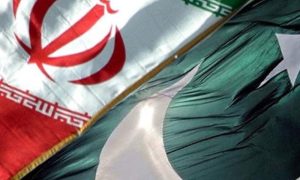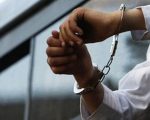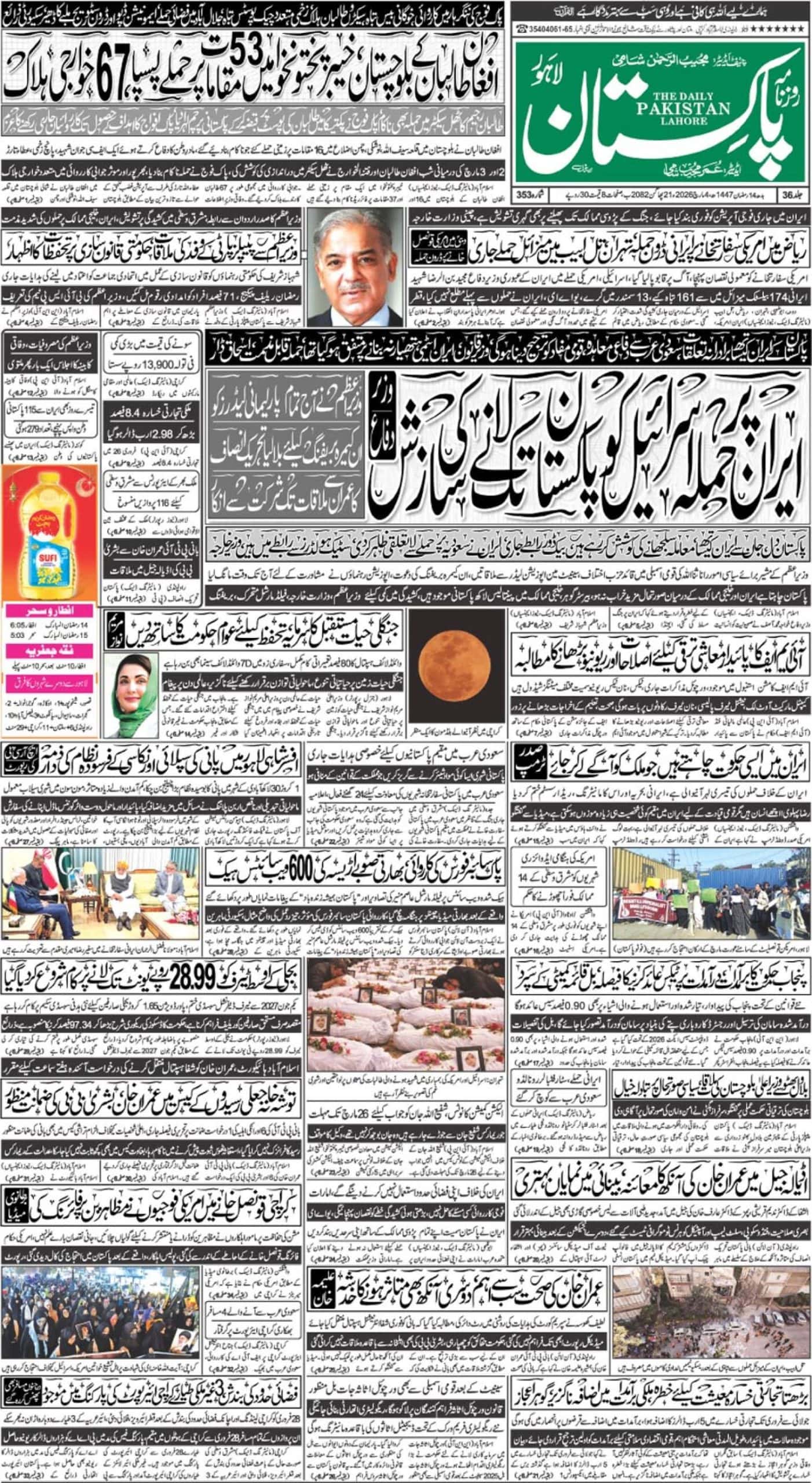ISLAMABAD – Justice Mansoor Ali Shah, a Supreme Court Judge, suggested on Friday that Chief Justice of Pakistan (CJP) Umar Ata Bandial should convene a full court to adjudicate the Pakistan Tehreek-e-Insaf’s (PTI) petition contesting the revisions in the National Accountability Bureau (NAB) law.
“I believe that the NAB amendments case should be deliberated by the full court; the case will carry its own significance,” Justice Mansoor commented during the 48th session regarding the petition.
In a three-member bench led by CJP Bandial and comprising Justice Mansoor and Justice Ijazul Ahsan, the petitions were heard.
Justice Mansoor went on to express that Attorney General for Pakistan Mansoor Usman Awan had raised an objection during the military court’s case.
“According to Sections 3 and 4 of the Supreme Court (Practice and Procedure) Act, a bench of at least 5 members should hear the case,” he noted, asserting that a full court should be formed by the CJP for the matter.
Justice Mansoor also indicated his prior suggestion for establishing a full court to address petitions challenging the trial of civilians in military courts.
“My stance is that only the full court should preside over such cases. The Supreme Court should first make a decision on the law related to practice and procedure,” he articulated during the session.
“The Supreme Court Practice and Procedure Act has not been concluded yet. If it were, the circumstances would be different,” he observed.
It is noteworthy that Justice Mansoor was one of the two judges who had earlier stressed the need “to reevaluate the authority of the ‘one-man show’ wielded by the Chief Justice of Pakistan’s office [Umar Ata Bandial].”
During the hearing, Yasir Aman, the assistant counsel for Khawaja Haris — the PTI’s legal representative — informed the court that due to Haris’ poor health, Aman was representing him.
The Supreme Court granted Aman permission to present arguments.
Commencing the session, Justice Mansoor criticized the PTI’s lawyer for not addressing the fundamental rights being circumvented by the amendments.
“As you may recall, I also inquired during the 47th hearing about which fundamental rights were impacted by the NAB amendments,” he pointed out, noting that this question had been raised in the initial hearing as well.
“The petitioner’s counsel failed to provide a satisfactory response to the repeated question about fundamental rights,” Justice Mansoor noted.
In the course of the hearing, CJP Bandial remarked, “I believe we cannot review the changes made to the law in 2023. The challenge was made to the NAB amendments of 2022.”
He directed the PTI’s counsel to submit the new NAB amendments along with written responses, and the hearing was adjourned until August 28.
He added that the case would be heard daily from August 28 onwards.
“We aim to resolve the case since one of the bench members is approaching retirement.”
However, he cautioned, “It is not obligatory that the decision will pertain to the merits of the NAB amendments case. It is plausible that the decision will revolve around the admissibility of the case.”

